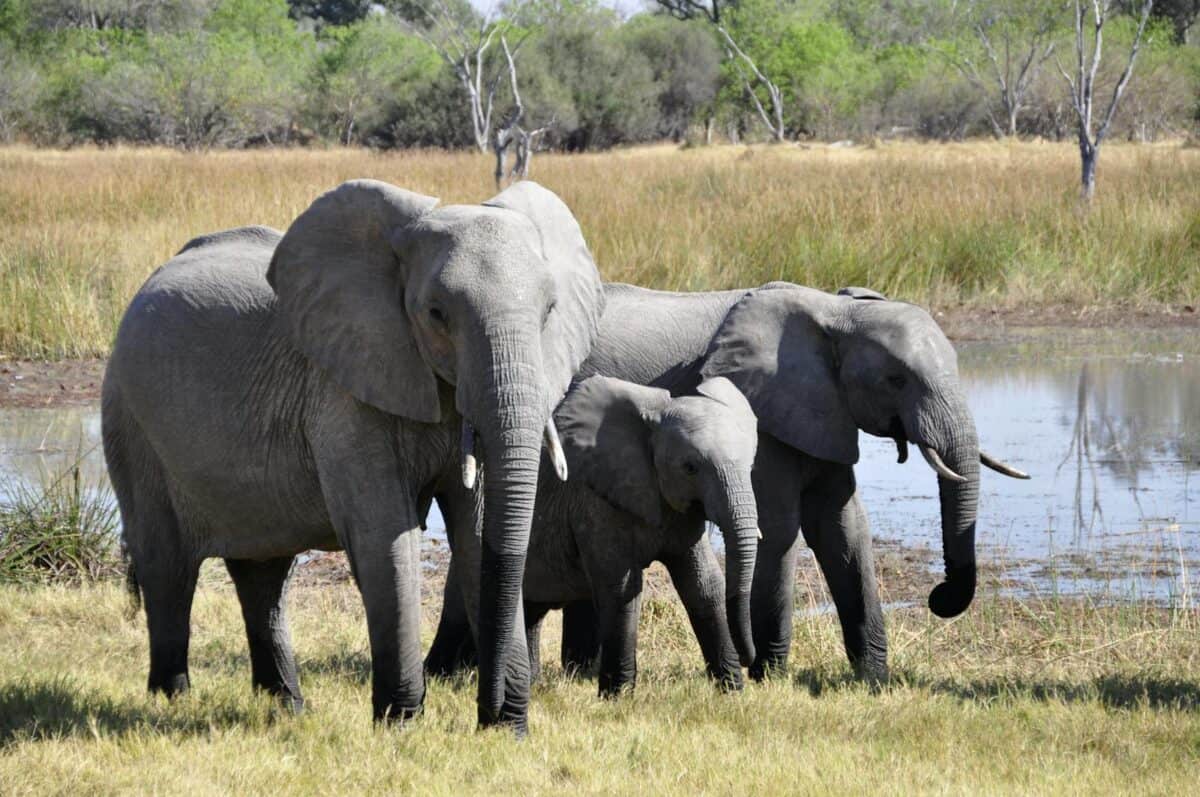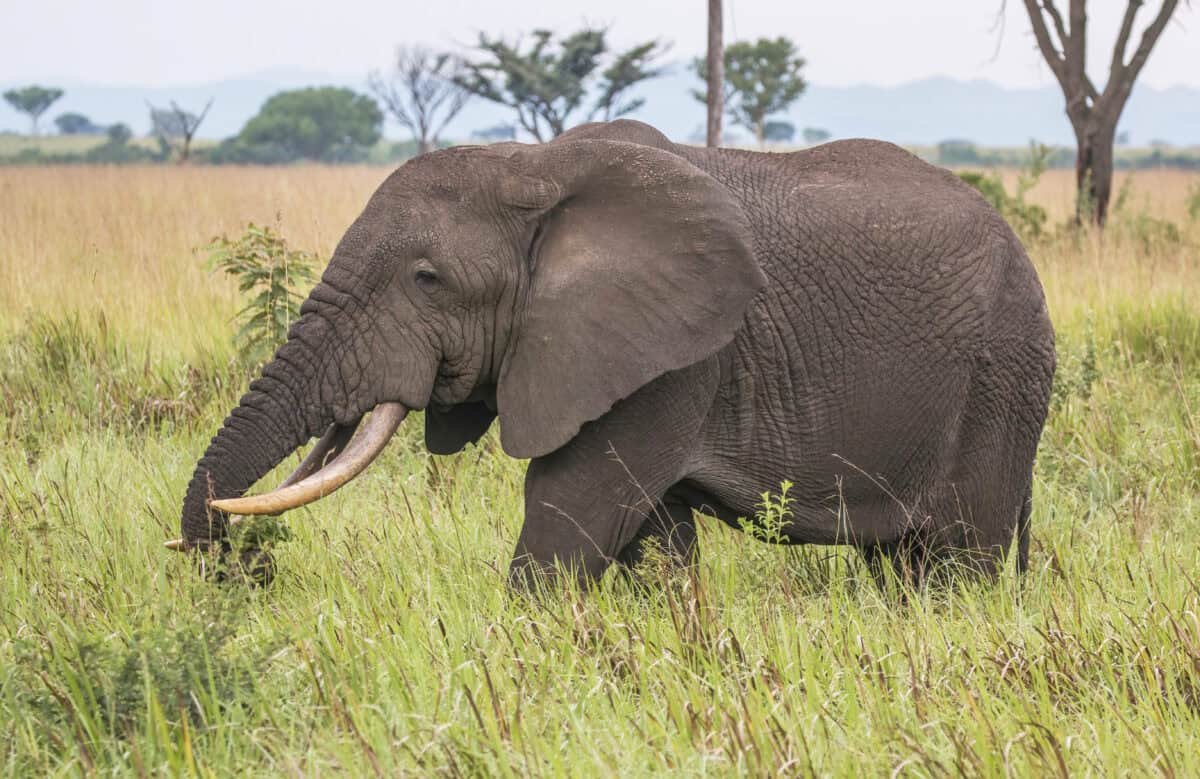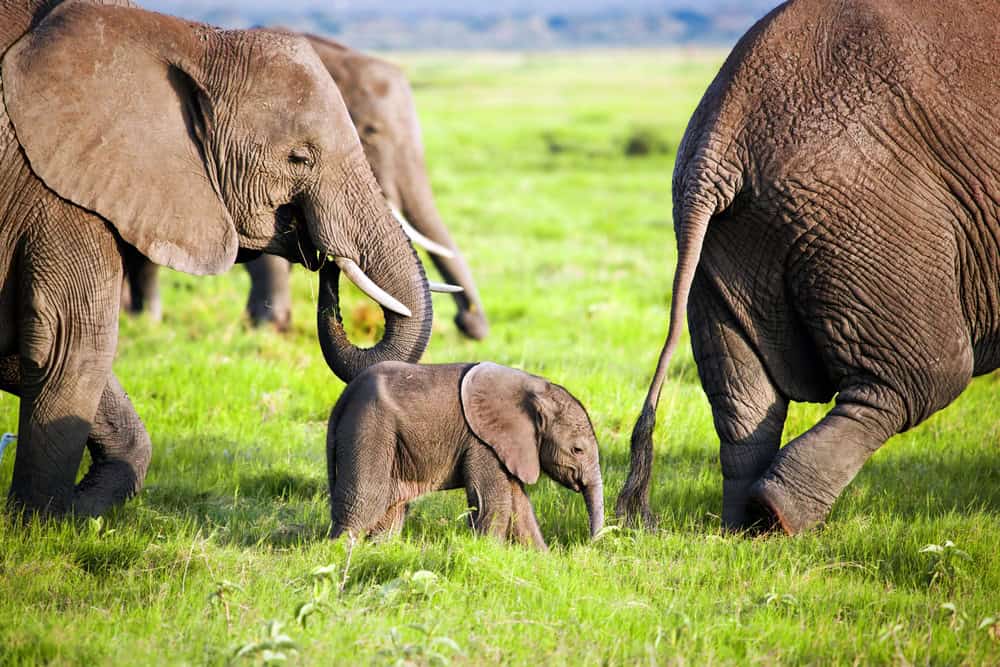In the floodplains of Botswana’s Okavango Delta, scientists are seeing something both remarkable and heartbreaking. Elephants, renowned for their intelligence, are revealing something deeper: memory. Not just the recall of landscapes and seasons, but the recollection of trauma. Certain herds now bypass areas they once frequented, guided not by instinct, but by lived experience.
“Some of these matriarchs haven’t been near old poaching zones for over a decade,” says Dr. Nala Moseneke, a wildlife ecologist based in Maun. “And yet, they remember.”
The Ghosts of Conflict

While Botswana remains one of Africa’s conservation success stories, its elephants have lived through decades of threats. The scars may have faded, but the memory hasn’t. Wildlife officers have documented elephants visibly distressed by the presence of specific vehicle types—ones resembling those used by poachers in the early 2000s. It’s not superstition. It’s survival, rooted in recollection.
In some areas, elephants refuse to approach waterholes near human settlements, even during drought. It’s a behavioral shift shaped not just by fear—but by retained history.
Mourning in the Wild

One of the most moving displays came last year, when a herd was observed circling the bones of a fallen elephant. They touched the remains with their trunks, lingered for nearly an hour, and left in silence. “It was like a wake,” says Dr. Moseneke. “We’ve seen similar behaviors in isolated instances, but it’s becoming more frequent. It’s not just ritual—it’s memory made physical.”
These patterns challenge long-held beliefs about what animals are capable of emotionally. In elephants, grief seems not only to exist but to stretch across time.
Conservation with a Conscience

Recognizing elephant memory as part of their survival has become a new frontier in conservation. Projects that once mapped migration routes now attempt to predict where elephants are psychologically unwilling to return. Protected corridors are being re-evaluated, not just for food and water access, but for emotional resonance.
“Conservation isn’t just about numbers anymore,” Moseneke adds. “It’s about understanding what they remember—and how we’re still part of that story.”
The Burden They Carry
In Botswana’s national parks, elephants continue to move in quiet determination. But their eyes, their pauses, their chosen paths—all speak to a deeper burden. These animals don’t just roam. They remember. And their memory, it seems, is their greatest strength—and greatest weight.
- Watch 100,000 Live Salmon Escape After Truck Crashes in Oregon - August 23, 2025
- How To Protect Your Dog in the Heat - August 23, 2025
- AI and animals: Can Technology Break the Language Barrier? - August 21, 2025

